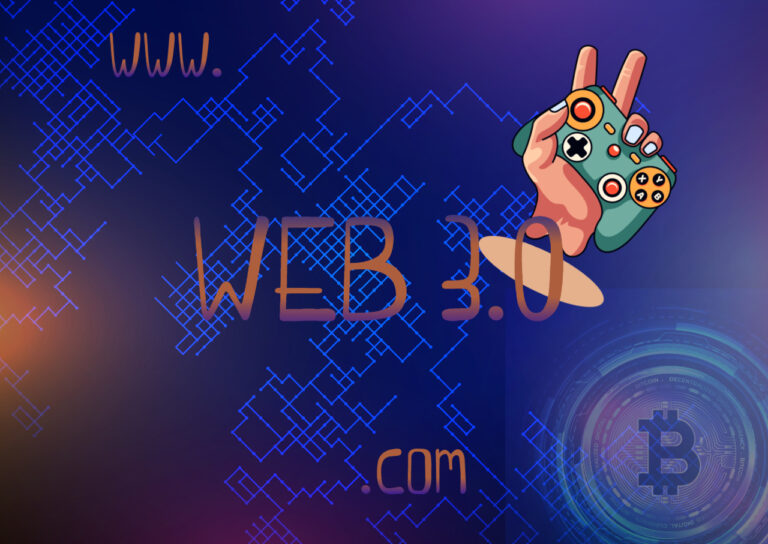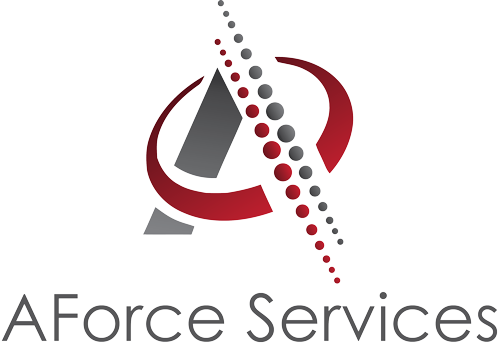Web 3.0: The Future Autonomous Internet
Introduction
Web 3.0 is the next evolution of the internet, promising a more decentralized and intelligent web. Thus it is a long-standing concept that is being elevated as more people are realizing the potential of this technology.
In this article, we will look at what Web 3.0 is, its key features, and how it will affect the internet’s future. Also here we will explicitly unfold the the real essence of this ultimate internet. So lets just shed light upon that what exactly Web 3.0 is.

What is Web 3.0?
Web 3.0 is the next generation of the internet, built on blockchain technology. It aspires to build a more decentralized and autonomous web that is not dominated by a single entity.
The primary distinction between Web 3.0 and the current version of the internet (Web 2.0) is that Web 3.0 will be based on decentralized protocols such as blockchain. Therefore this will provide a trustless and transparent infrastructure for developing decentralized applications and services.
Web 3.0’s Key attributes
1-Intelligence: Web 3.0 will enable more intelligent applications to provide more personalized and relevant services to users by utilizing artificial intelligence (AI) and machine learning (ML).
2-Interoperability: Regardless of the underlying technology or platform on which they are built, Web 3.0 will enable different dApps and services to communicate with one another seamlessly.
3-Decentralization: Web 3.0 is intended to be more decentralized than today’s internet. This means there will be no single point of failure or control, and users will have greater control over their data.
4- Edge Computing: Web 3.0 is based on the advancement of edge computing, which processes apps and data at the network edge on devices such as mobile phones, laptops, appliances, sensors, and even smart cars.
Future influences of Web 3.0
Web 3.0 has the potential to fundamentally alter the internet as we know it. Here are some of the ways it will affect the internet’s future:
1- Intellect App Orientation: Web 3.0 will enable more intelligent applications that can provide users with more personalized and relevant services.
2- New Business Models: Web 3.0 will enable new business models built on top of decentralized protocols, creating a more level playing field for all.
3- Users Oriented: Web 3.0 will give users more control over their data, allowing them to decide how it is used and who has access to it.
4- Robust Security: Web 3.0 is based on blockchain technology, which provides a secure and tamper-proof foundation for developing applications and services.
Conclusion
Web 3.0 is the internet’s future, promising a more decentralized, autonomous, and intelligent web that is not controlled by a single entity. Web 3.0, with its key features of decentralization, interoperability, trustless, and intelligence, has the potential to completely transform the internet and the way we interact with it. The internet is in an exciting period right now, and we can’t wait to see what the future holds.
